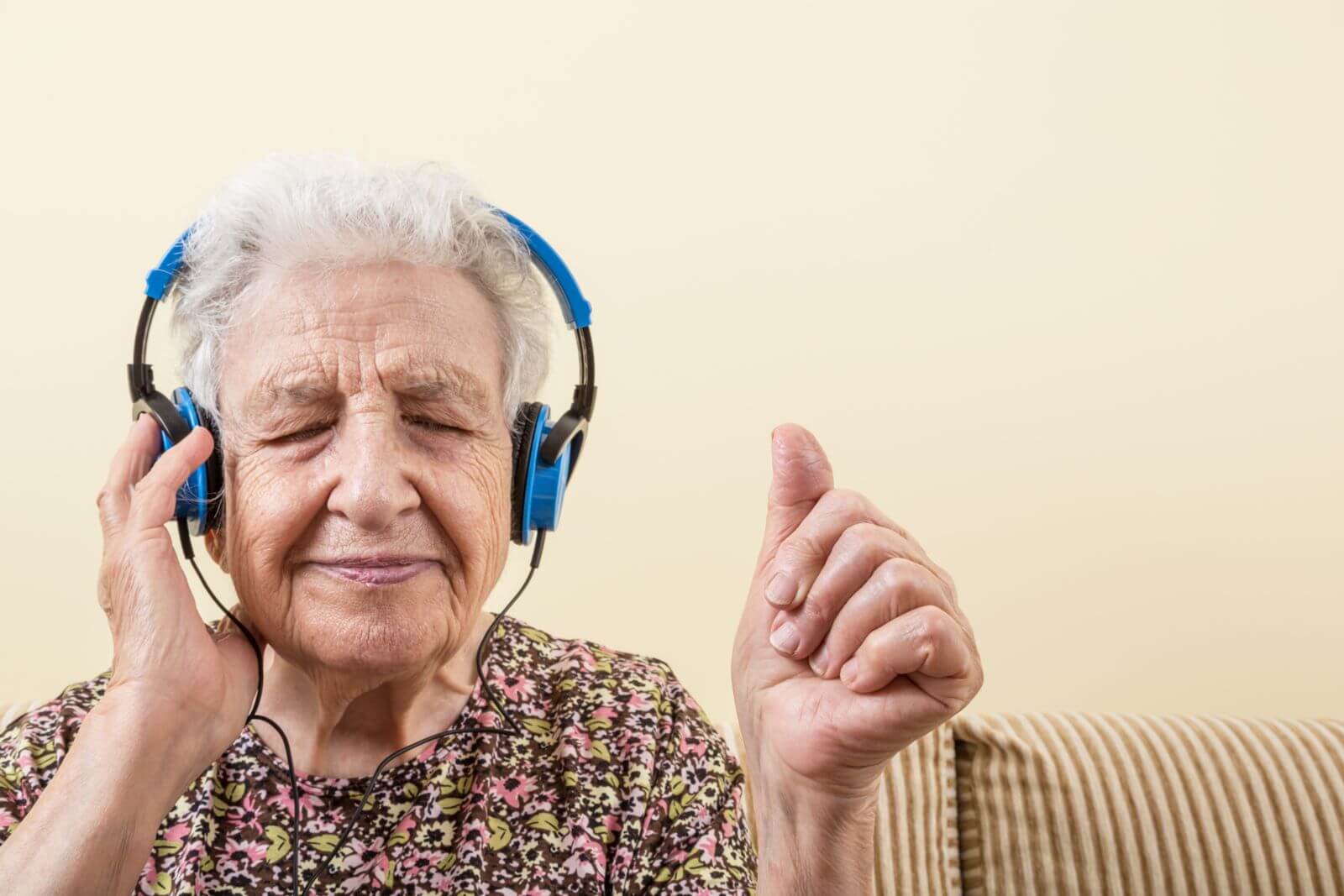
Page contents
It’s crucial that everybody is aware of the coronavirus pandemic and the precautions needed to be taken. Unfortunately, it can be difficult for people with dementia to understand and retain what’s going on, but as older people are most at risk from the virus, it’s very important that they do. Every person with dementia has different experiences and symptoms, so how you explain coronavirus to somebody with dementia is highly individual.
The charity Dementia UK advises: “It can be difficult to explain to a person with dementia why they should wash their hands more frequently, or why you are trying to avoid touching them.
“You will need to make the decision whether it is possible for you to sleep separately or stay two metres (three steps) away from each other. If it is not possible – try to not worry or feel guilty about this. You are doing your best under very difficult circumstances. If the person you care for is reassured by your presence and your touch, then that itself is very important.”
Key things people living with dementia must understand
To explain coronavirus to somebody living with dementia, it may be necessary to strip information down to the bare essentials. This is so as not to overwhelm your loved one and maximise their chances of remembering what they need to. At this point, the key things they must understand are:
- That there is a contagious disease (you could call it a severe flu if they don’t remember coronavirus) infecting people all over the world.
- To stay away from people so they don’t catch it. This includes avoiding going outside and standing well back when talking to people.
- To wash their hands regularly and thoroughly.
- The symptoms of the virus and what to do if they have them.
Draw on old memories
People with dementia often have difficulty forming new memories but can remember events from long ago very clearly. To help your loved one understand the severity of COVID-19, remind them of other serious illnesses they will know about, like typhoid or cholera. Flu is one of the best comparisons to use because it is spread very similarly to coronavirus, and they may remember the 1968 flu pandemic (Hong Kong flu).
People with dementia are sometimes able to think remarkably clearly when reminded of places or events that were important to them. Try to trigger this clarity using their own experience, for example a former nurse might have cared for people with contagious diseases before, or a mother might clearly remember caring for her child when they had seasonal flu.
Write them a guide to their questions
If your loved one is repeatedly asking the same questions about coronavirus, write out an answer sheet based on these questions. You could even set up a coronavirus board in their care home room or kitchen, with brightly coloured reminders to wash their hands, a brief summary of what coronavirus is, rules about social distancing and answers to their questions. This could be something to involve your kids in putting together, obviously with very clean hands.
Create a plan of action
It’s vital for your loved one to be able to recognise symptoms of coronavirus and know what to do if they have it. Create a plan with them, such as in the form of a poster stuck somewhere they will see it often. The plan should include:
- What the symptoms are and how to recognise them.
- Who to call if they have these symptoms (include telephone numbers so they don’t have to go and find them).
- Who to call if nobody answers, such as 111, their local GP surgery or a neighbour.
- What to do while they wait for somebody to help, such as don’t leave the house and don’t panic.
Use creative ways to explain
It’s said that everybody has different methods of learning that help them to retain new information best, known as learning styles. Try different methods to find which helps your loved one to understand coronavirus and what they must do to comply with government advice.
Visual
Visual learners learn best by using images and shapes to organise information. They find things easier to remember this way, for example they can remember information more easily if it’s written as a mind map rather than a list, because they can visualise this in their heads. For someone with dementia, make use of internet resources about coronavirus, such as videos, documentaries and images. You could make or print signs about handwashing and social distancing to put around their home, gov.uk has plenty of these.
Auditory
These learners are best at listening but can find images distracting. If your loved one understands the information you are telling them but cannot remember it, phone them regularly to remind them or send voice recordings to help them. Encourage them to keep the radio on and listen out for the news, or help them to listen to the BBC Sounds podcasts about coronavirus. You could even make up and teach them a song or rhyme with the basic information.
Reading/Writing
These people learn best from text. Provide your loved one with a list of web links or newspaper cuttings about coronavirus. You could put these in a folder and include your own notes and letters that you think will be helpful to them. Start a daily correspondence with them via letter or email, and make sure to ask them about coronavirus often, to encourage them to write about it. If your loved one has kept diaries in the past, encourage them to keep one now, as writing down their thoughts and feelings about the situation will help them to process and analyse the information.
Kinaesthetic
Kinaesthetic learners remember things best with physical action. If your loved one fits this, practise coronavirus procedures with them (while being aware of social distancing and hygiene). You could give them a lesson on how to wash their hands properly, making sure they have practised it several times. You could also practise standing 6ft apart from people with them, disinfecting surfaces and taking their temperature. While they probably already know how to do all these things, the action of physically practising will help them to remember to do them and why.
Find your ideal care home
- Explore a wide range of care options and facilities
- Read independent ratings and reviews
- Connect directly with care homes to book a tour and discuss your needs
